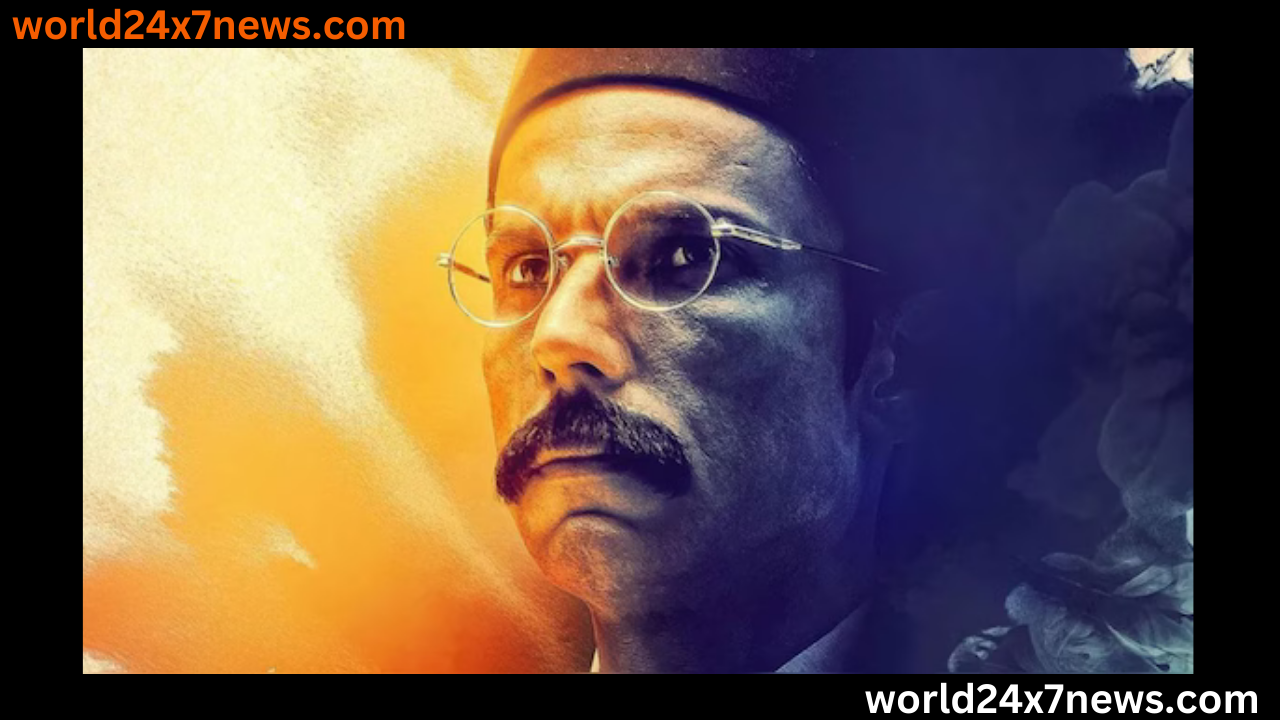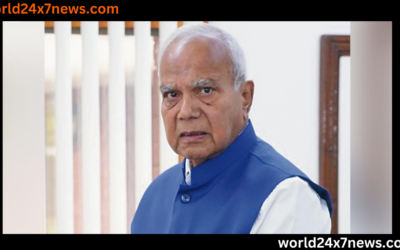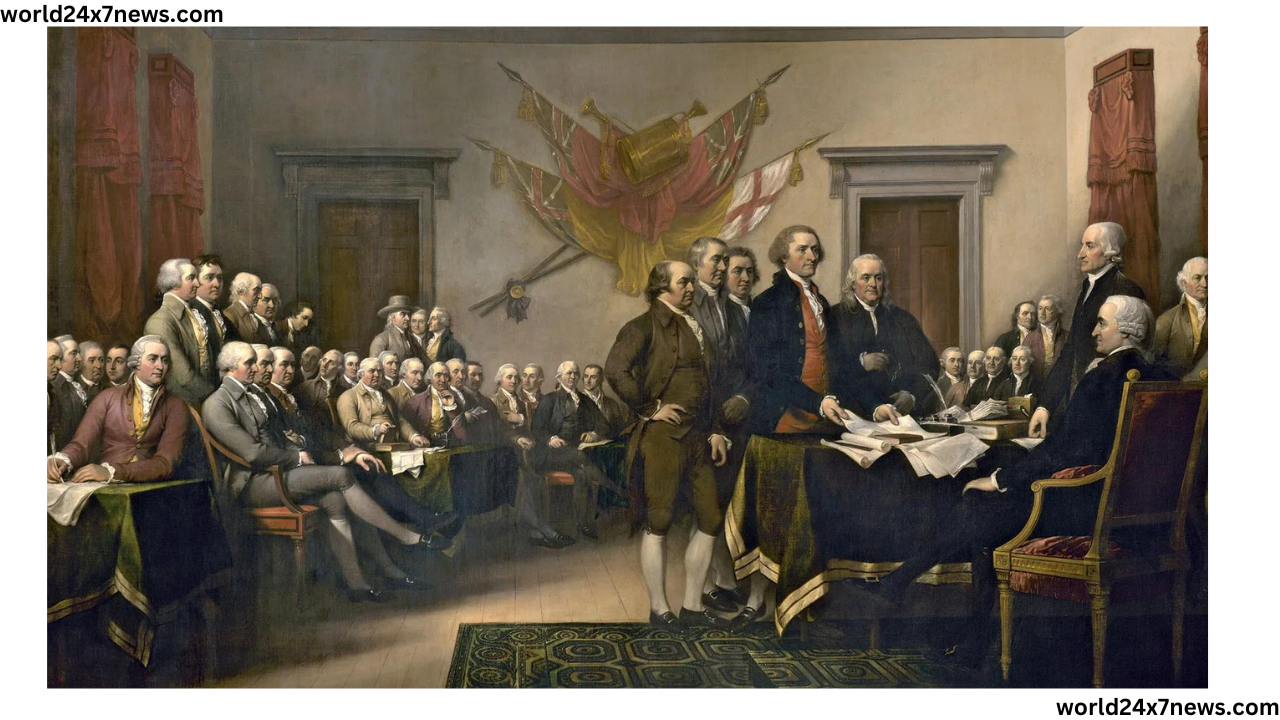Veer Savarkar: The Life and Legacy of a Revolutionary

Veer Savarkar: The Life and Legacy of a Revolutionary
Introduction
Veer Savarkar, also known as Vinayak Damodar Savarkar, was one of the most prominent figures in India’s struggle for independence. His life was characterized by political activism, revolutionary ideas, and controversial controversies. In this article, we delve into the life and legacy of this influential leader, exploring his early years, his contributions to the freedom movement, his ideological stance, controversies surrounding him, and his lasting impact on Indian politics.
Early Life of Veer Savarkar
Childhood and Education
Born on May 28, 1883, in the village of Bhagur in Maharashtra, Veer Savarkar hailed from a family deeply rooted in the nationalist ethos. His early education was influenced by the revolutionary fervor of the time, instilling in him a strong sense of patriotism and love for his motherland.
Influence of the Freedom Movement
During his formative years, Veer Savarkar witnessed the tumultuous period of Indian history marked by the British colonial rule and the burgeoning freedom movement led by leaders like Bal Gangadhar Tilak and Bipin Chandra Pal. These influences played a crucial role in shaping Savarkar’s political ideology and fueling his passion for freedom.
Political Activism
Revolutionary Activities
Savarkar’s entry into the political arena was marked by his involvement in revolutionary activities aimed at overthrowing British rule. He founded the revolutionary organization Abhinav Bharat, which advocated armed resistance against the colonial regime. Savarkar’s fiery speeches and writings galvanized the youth to join the struggle for independence.
Imprisonment and Incarceration
However, Savarkar’s revolutionary activities eventually led to his arrest by the British authorities. He was subjected to rigorous imprisonment and endured years of incarceration in the notorious Cellular Jail in the Andaman Islands. Despite facing immense hardships and torture, Savarkar remained steadfast in his commitment to the cause of freedom.
Ideological Contributions
Hindutva and Nationalism
One of Savarkar’s significant contributions to Indian politics was the conceptualization of the ideology of Hindutva, which emphasized the cultural and national unity of Hindus. His writings, particularly his book “Hindutva: Who is a Hindu?”, laid the foundation for the Hindu nationalist movement in India, influencing several political leaders and organizations.
Savarkar’s Literary Works
Apart from his political activism, Savarkar was also a prolific writer and thinker. His literary works, including poems, essays, and historical narratives, provided intellectual ammunition for the nationalist movement. Savarkar’s writings resonated with the masses, inspiring them to fight against colonial oppression.
Controversies Surrounding Veer Savarkar
Allegations and Criticisms
Despite his contributions to the freedom struggle, Veer Savarkar’s legacy is marred by controversies and allegations. Critics accuse him of espousing divisive ideologies and promoting communalism. His alleged involvement in the assassination of Mahatma Gandhi remains a subject of intense debate and scrutiny.
Defense and Support
However, supporters of Savarkar vehemently defend his legacy, portraying him as a misunderstood patriot who dedicated his life to the service of the nation. They argue that Savarkar’s vision of Hindutva was inclusive and aimed at fostering unity among all sections of society.
Legacy and Impact
Influence on Indian Politics
Veer Savarkar’s legacy continues to reverberate in Indian politics and society. His ideas have profoundly influenced the ideology and policies of various political parties, particularly those advocating Hindu nationalism. The Rashtriya Swayamsevak Sangh (RSS) and the Bharatiya Janata Party (BJP) have drawn inspiration from Savarkar’s vision of Hindutva.
Remembering Veer Savarkar
Despite the controversies surrounding him, Veer Savarkar remains a revered figure in India’s struggle for independence. His birth anniversary is celebrated across the country, with tributes paid to his contributions to the nation. Memorials and institutions have been established in his honor, ensuring that his legacy endures for generations to come.
Conclusion
In conclusion, Veer Savarkar was a multifaceted personality whose life epitomized the spirit of nationalism and sacrifice. His role in India’s freedom struggle, his ideological contributions, and his enduring legacy continue to shape the socio-political landscape of the country. While his legacy may be subject to debate and controversy, there is no denying the indelible mark he has left on the annals of Indian history.
FAQs (Frequently Asked Questions)
- Was Veer Savarkar a freedom fighter? Yes, Veer Savarkar was actively involved in the Indian freedom movement, advocating armed resistance against British colonial rule.
- What is Hindutva, and how did Savarkar contribute to it? Hindutva is a political ideology that emphasizes the cultural and national unity of Hindus. Savarkar’s writings, particularly his book “Hindutva: Who is a Hindu?”, laid the foundation for this ideology.
- Did Savarkar support communalism? There is debate regarding Savarkar’s stance on communalism. While critics accuse him of promoting divisive ideologies, supporters argue that his vision of Hindutva was inclusive and aimed at fostering national unity.
- What was Savarkar’s role in the assassination of Mahatma Gandhi? Savarkar’s alleged involvement in the assassination of Mahatma Gandhi remains controversial and subject to scrutiny. While some believe he was complicit, others maintain his innocence.
- How is Veer Savarkar remembered in India today? Veer Savarkar is remembered as a patriot and freedom fighter in India. His birth anniversary is celebrated across the country, and memorials have been erected in his honor.















